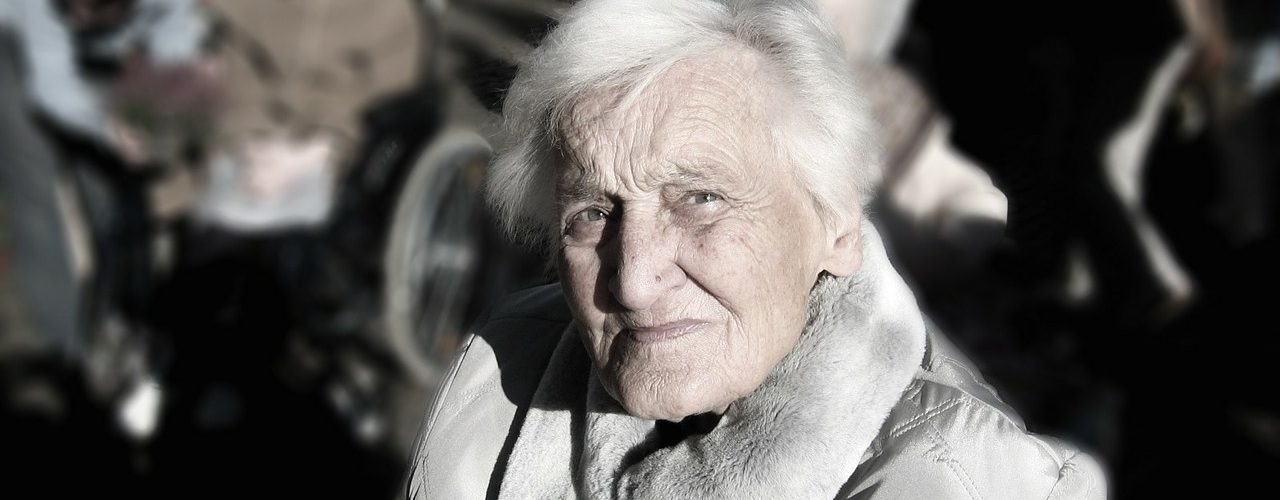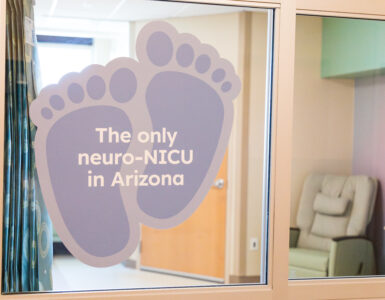Earlier this year the Center for Disease Control and Prevention (CDC) predicted that the burden of Alzheimer’s disease and related dementia (ADRD) in the United States is expected to double by 2060.
It is predicted that Arizona has the second highest growth-rate of of Alzheimer’s disease, with cases expected to climb to 200,000 by 2025.
“My grandmother passed away suffering from two kinds of conditions and one of them was advanced dementia. It impacts many folks here in the U.S. and certainly in Arizona,” Christina Noble, Chief Growth Officer, Sonora Quest Laboratories shared.
Having multiple Alzheimer’s research centers & programs, some would say Arizona is at the forefront of researching the disease.
To help slow the progression of ADRD, multiple organizations have grown their research projects. One is Sonora Quest Laboratory.
The Arizona based integrated laboratory system recently announced a partnership with uMETHOD, a company offering a precision-medicine engine for chronic diseases, to help offer the first platform for Alzheimer’s based on advanced artificial intelligence called RestoreU.
“Alzheimer’s is a disease that has a very large patient base but there are no treatments available that even slow the progression of the disease. We’ve been applying our methodology to patients since 2015,” said uMETHOD CEO Vik Chandra. “When you compare it to patients who [are] on the standard treatment that only provides symptomatic relief, we see our patient bases, three quarters of the patients, do better than the standard of care. [They] actually hold their cognitive steadily or improve.”
According to Noble, the goal of the partnership is to get in front of the disease, identify markers that can show if an individual is predisposed and then help their medical provider present care plans for patients to help slow disease progression and empower individuals and their caregivers with “information around what they could do to help slow the progression.”
The two teams will provide personalized recommendations based on precision-medicine based on artificial intelligence.
Chandra said that precision-medicine helps physicians tailor treatment to the specific characteristics of a patient and the patient’s disease.
“Precision medicine is the opposite of one-size-fits-all medicine,” he said.
Banner Alzheimer’s Institute (BAI), one of the leading researchers for ADRD, announced it would be growing amid the projected surge of Alzheimer’s.
“To support the growing number of people and their families facing this disease, Banner Alzheimer’s Institute is proud to welcome Po-Heng Tsai, MD, the third dementia expert to join the team in recent months,” BAI announced in a statement.
The Stead Family Memory Center at BAI is known for providing a multi-disciplinary approach for ADRD. The center has world-renowned memory care experts, a comprehensive portfolio of the latest research and trials, and social workers who help support those facing the emotional toll of the disease.
“BAI’s vision aligned so well with my own philosophy…Dementia and Alzheimer’s requires treating so much more than just the disease, you need to provide support along the entire journey for both the patient and their families,” Dr. Tsai said. “Dementia is a disease that requires a multifaceted approach and this facility delivers just that. I am looking forward to helping new patients through their journey.”
BAI will also be hosting a “Shine a Light on All Dementias” picnic to bring public awareness and reduce stigma in the community. It will be held on Nov. 17 from 4 to 6 p.m. at the Arizona State Capitol (1700 W. Washington Street, Phoenix, Arizona).
November has been Alzheimer’s Awareness Month since President Ronald Reagan designated it in 1983. However, Alzheimer’s has seen a 182 percent increase in deaths in Arizona since 2000 and is the fifth leading cause of death.
The cost of caring for ADRD is estimated to total $277 billion in 2017 and increase by $1.4 trillion by mid-century.
“When an individual develops Alzheimer’s or another form of dementia, they cost their health care provider 4.7 times as much as compared to an individual who does not have dementia,” Chandra said. “There is an opportunity to reduce cost to our health care system for individuals who are at risk of dementia. When we take the necessary steps to help these individuals better manage the disease in the early stages or help them prevent it, there are significant financial benefits to the government as well as to the private payers.”















Add comment